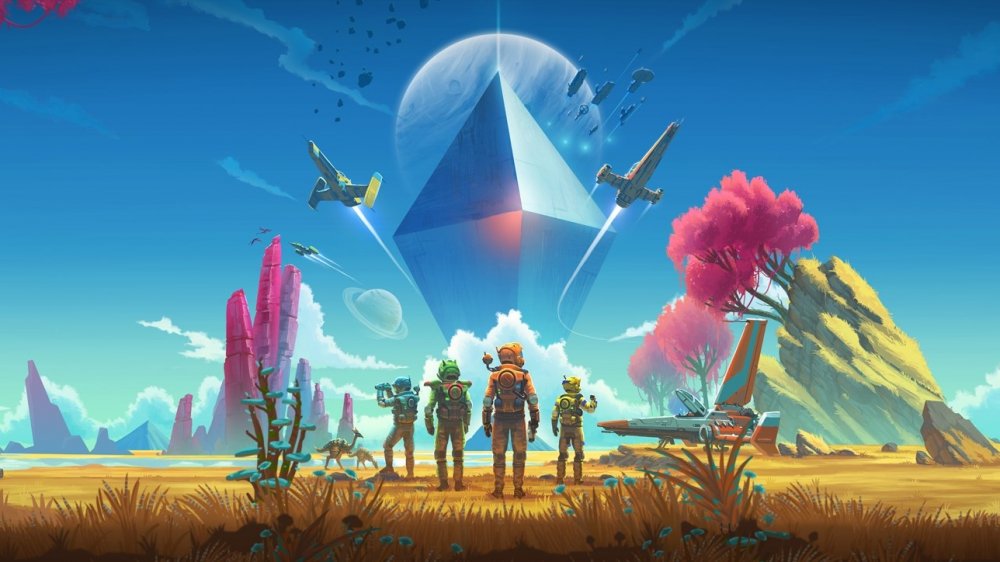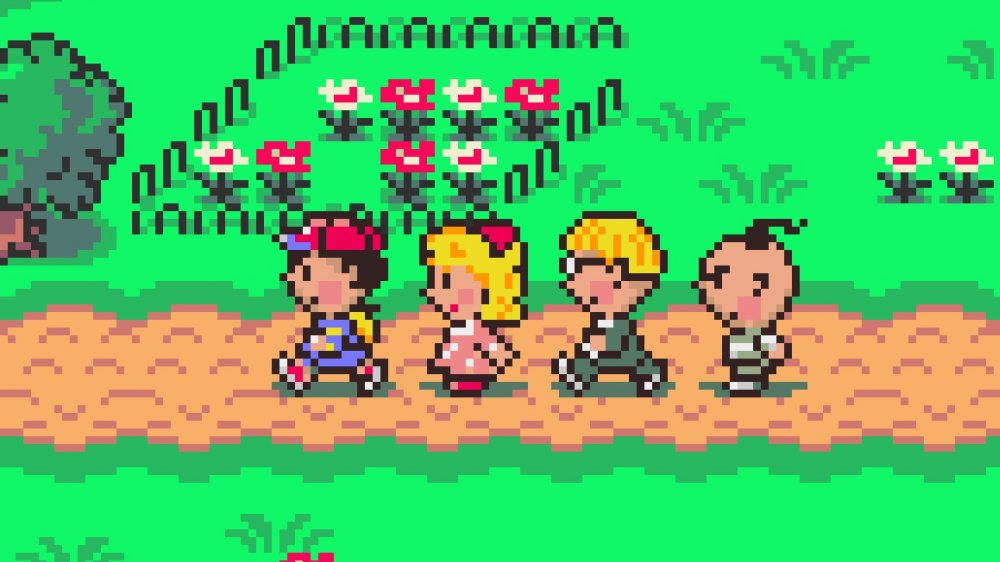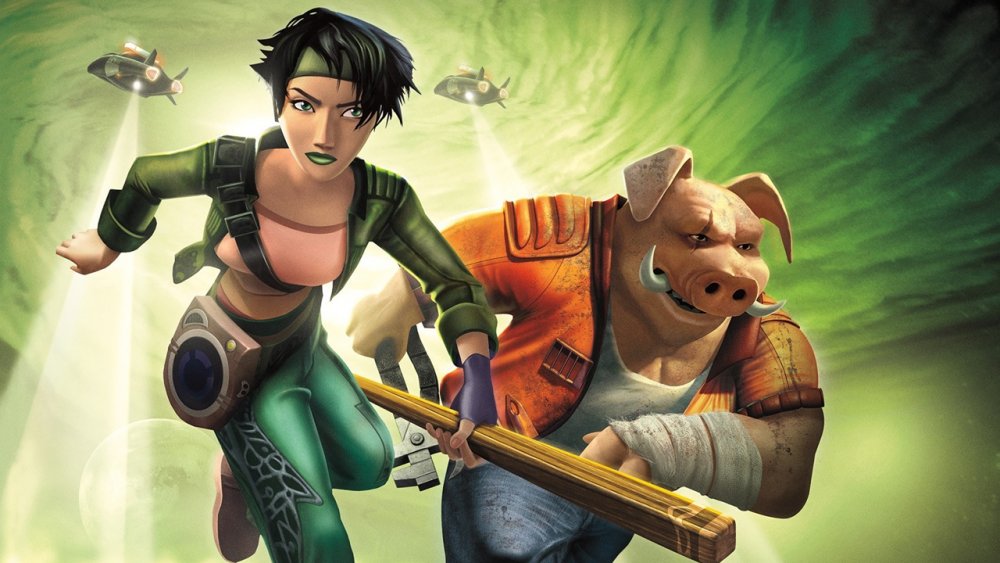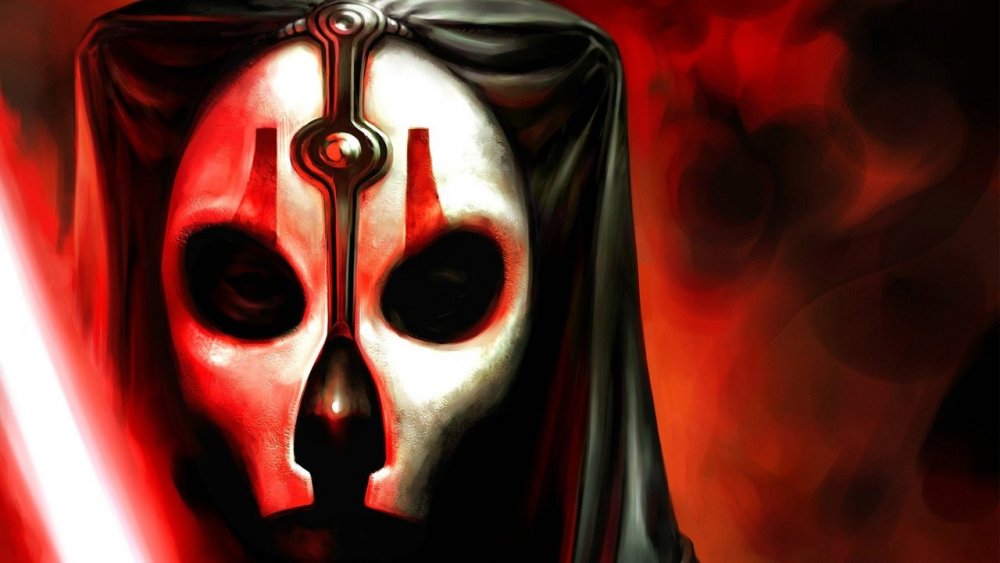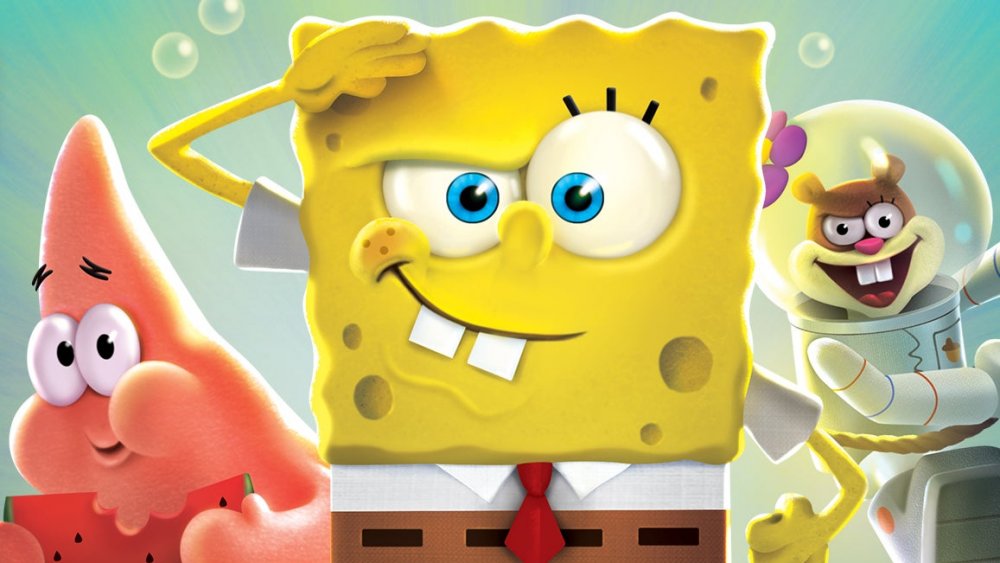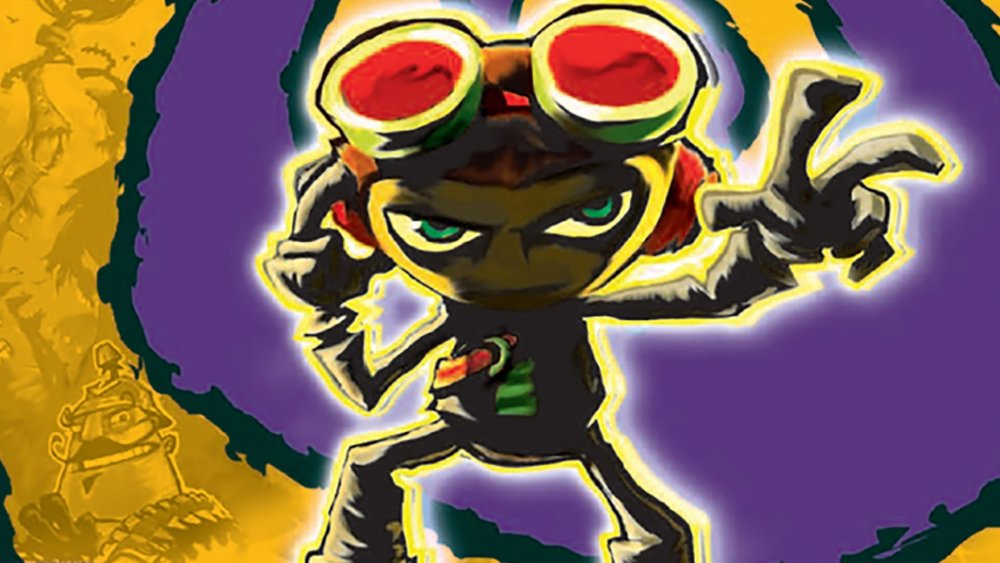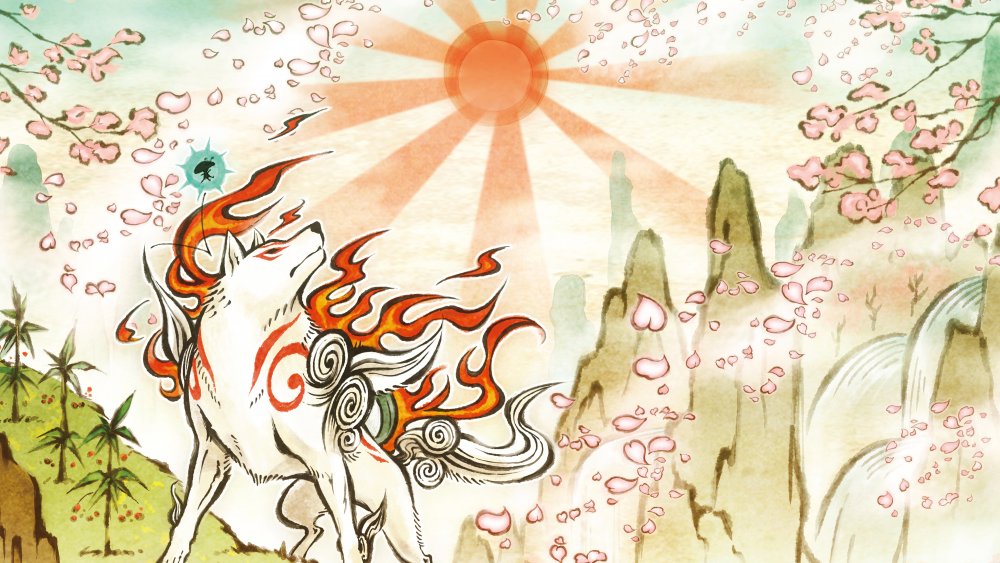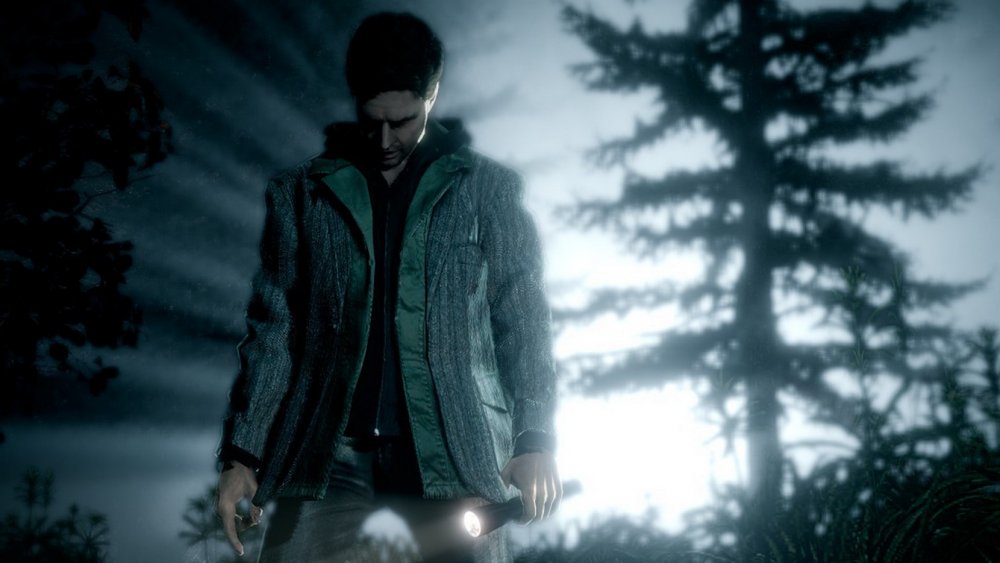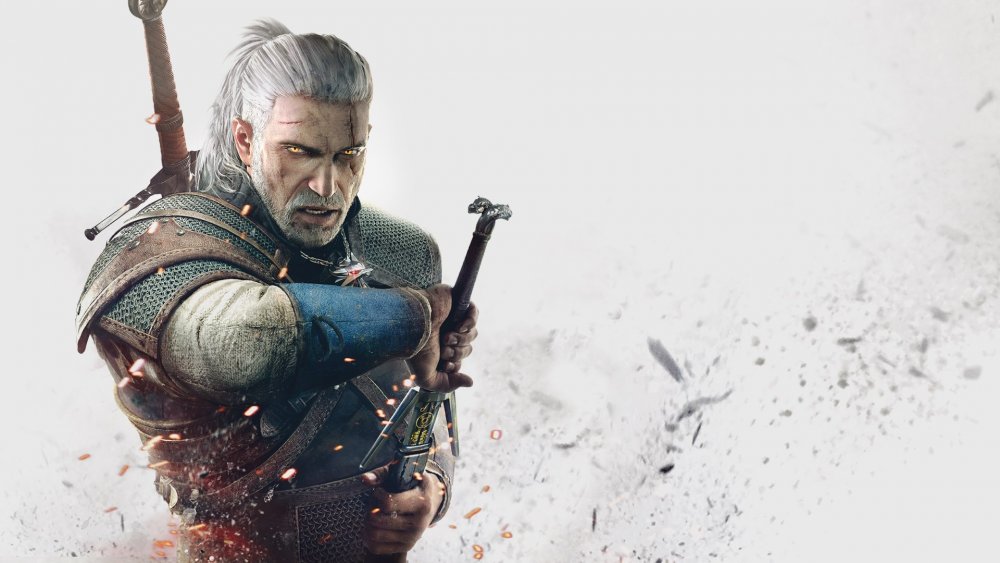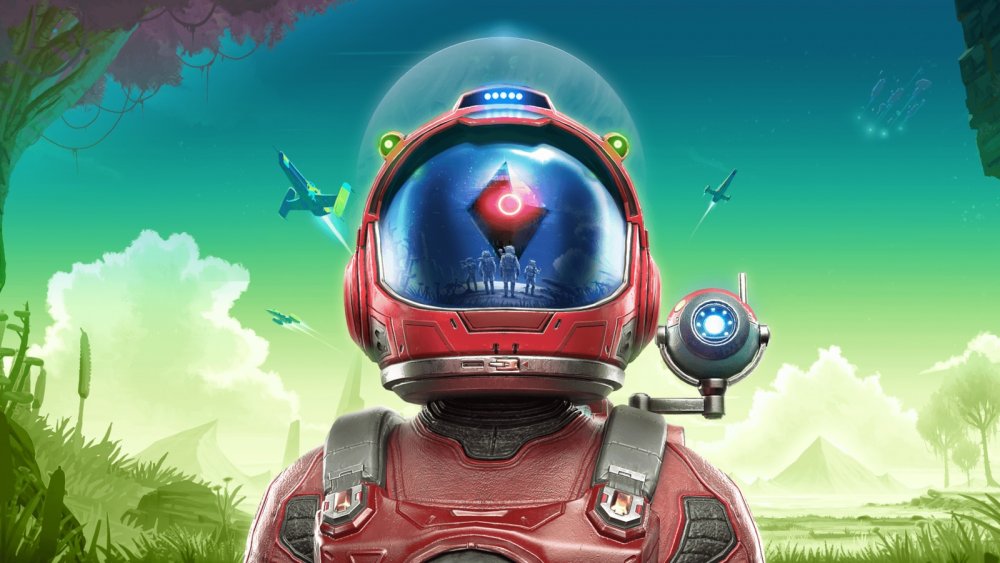Games That Exploded Years After They Were Released
In the world of big business, projects have a limited window to gain a foothold or risk fading into obscurity. This principle applies to all forms of media, including the video game industry, which sees dozens of new titles release each year. If a game fails to distinguish itself at launch, developers, publishers, and gamers alike move on to the next potential hit.
Earning back the initial time and money investment upfront can spell the difference between a developer staying alive or declaring bankruptcy. Sometimes it doesn't pan out that way, regardless of how good said product actually is. Once promising projects get relegated to the waste bin of history, never to return.
Occasionally, a game's story doesn't end there. The titles on this list have all made impressive comebacks, amassing large and loyal fan bases years after release. Whether this resurgence was inspired by TV adaptations or experience-altering updates, it seems players have decided these titles deserve a second shot at glory.
EarthBound
In an age when Undertale is one of the most lauded, influential games of the last decade, the idea that tiny, wonderful EarthBound was ever widely disliked seems ludicrous. But, back when the game released in the West in 1995, that's exactly what happened.
It didn't help that JRPGs were not only a niche genre, but also ridiculously expensive, ranging from $60 to $80 a pop. EarthBound had the odds stacked against it from the start, with Nintendo trying sell the game on a gross-out humor angle that's nowhere to be found in the game itself. As you might guess, that particular gamble didn't pay off, and EarthBound was a flop.
In Japan, of course, it's a different story, which is how Ness wound up in Super Smash Bros., endearing him to a whole new audience. A new generation slowly picked up what the game was putting down, culminating in a fan outcry around 2013 that basically forced Nintendo to put the game on the Wii U's Virtual Console in North America and Europe, a move that paid off when EarthBound became a bestseller on the platform.
Beyond Good & Evil
Back in the early 2000s, Ubisoft was very much a "throw ideas at the wall and see what sticks" kind of publisher, resulting in quite a glut of games year after year. Still, it knew when it had a winner on its hands. That's why it poured countless resources and promotion into its new masterpiece, Prince of Persia: The Sands of Time, in 2003. Unfortunately, it appears there was room for only one masterpiece on Ubisoft's PR slate, leaving the equally brilliant Beyond Good & Evil out in the cold.
Beyond Good & Evil released in an over-saturated market, competing with big name titles and established franchises. Ubisoft did not know how to market the game and its unusual premise, leading to poor sales. This didn't stop both critics and dedicated players from finding Beyond Good & Evil, and, after cleaning up awards-wise, its legacy grew, culminating in an HD release on Xbox 360. The remake launched to strong sales in 2011, and the long-awaited sequel is expected to arrive at some point during the next 2-3 years.
Star Wars: Knights of the Old Republic 2
Obsidian Entertainment has long served as a scrappy underdog among RPG developers, shipping fundamentally flawed games that garner fans from sheer ambition and great ideas. But, it left some serious unfinished business behind with Star Wars: Knights of the Old Republic 2.
Despite the monumental task of delivering a sequel worthy of the original, LucasArts only gave Obsidian 14-16 months to develop and ship the game, an insane deadline for a project of its size. The quality of Knights of the Old Republic 2 at launch is a testament to the abilities of the studio, but there was much more it could have done.
Data miners combing through the game long after release unearthed a treasure trove of unused assets, including dialogue, whole missions, proper endings to major quests, the works. Over the next decade, modders completed the painfully arduous task of "completing" Knights of the Old Republic 2. This resulted in The Sith Lords Restored. One of the most impressive fan efforts ever, the mod has helped maintain the game's popularity on Steam for years, a strong tribute to Obsidian's hard work.
SpongeBob SquarePants: Battle for Bikini Bottom
Nostalgia is a potent drug. While '80s and '90s nostalgia remain strong, many have started to view the early 2000s with the same wishful longing. In games, there's no better example of this growing trend than the continued popularity of Battle for Bikini Bottom.
If you cut out the titular character, Bikini Bottom would be a fairly run-of-the-mill experience. SpongeBob SquarePants isn't the easiest property to get right, and Bikini Bottom's fidelity to the cartoon drew fans over the years, with many considering it a childhood staple. Now those folks are grown-ups with disposable time and incomes, and have not just embraced the game but made it a must for accomplished spreedrunners.
This status, mixed with the growing desire to recapture the glow that accompanies the onset of a new millennium, prompted publisher THQ Nordic to re-release the title. SpongeBob SquarePants: Battle for Bikini Bottom Rehydrated, a major remaster, has entered development. Expected to launch later in 2020, the project has already captured the attention of new and seasoned gamers alike.
Psychonauts
Psychonauts, Tim Schafer's brainchild, had a rough childhood. The project endured a challenging development cycle. The situation grew more fraught after launch, with publisher Majesco Entertainment saving the game from development hell only to fail in making it stand out in 2004's crowded market. Though critics loved the game, the poor sales crippled Majesco financially, resulting in its temporary exit from the gaming industry.
Despite the many setbacks it endured, Tim Schafer did not give up on Psychonauts. The game garnered word of mouth over the years after receiving a number of awards and rave reviews. Once full ownership of the title reverted back to Double Fine, the developers took the opportunity to get the game in front of as many eyes as possible.
Double Fine offered Pscyhonauts as part of a Humble Bundle in 2012, and the game outsold the retail copy from 2004 in mere hours. Accompanying Steam sales led to Psychonauts' most profitable year since launch. Its star continues to rise, with an extremely successful crowdfunded sequel still on the way.
Okami
Capcom, bless them, tried their best to give the mad geniuses at Clover Studio as wide a berth as they needed to create their special brand of games. That goodwill resulted in the excellent Viewtiful Joe series, the completely bonkers God Hand, and the utterly brilliant Okami.
Sadly, none of Clover's releases found a major foothold. Its projects leads eventually left, leading to Clover's dissolution in 2006. Despite these pitfalls, Capcom seemed to know it had something special with Okami, and wound up doing quite right by it over the years.
On top of producing a still-underrated spinoff, Okamiden, for the Nintendo DS, and giving Amaterasu a place of honor in the Marvel vs. Capcom 3 roster, Capcom has ported the original game to pretty much every single platform since its release, exposing it to an audience that has continued to grow through sheer word of mouth. The game may have flopped at launch, but it has since gone on to sell a million copies. Good dog.
Alan Wake
Horror games are always a bit of a hit-or-miss proposition, and Remedy's Alan Wake was, initially, a miss. It had an extremely slow start sales-wise, which probably wasn't helped by the fact it was the second most pirated Xbox 360 game of the year when it launched. But Microsoft was apparently determined to make Alan Wake a hit, and it pulled every trick in the book to get the game in front of players.
The game's sales skyrocketed the following year thanks to the publisher's decision to include the game as a freebie with every Xbox 360 as part of a holiday bundle. The next year, the game's lighter, arcade-esque sequel, American Nightmare, released to enough success to get folks interested in the game again. By the following year, it had sold 3 million copies.
Microsoft kept the game in the public eye through similar moves, like including it as a freebie with every copy of Remedy's Quantum Break, and dropping the price to $3 shortly after announcing its removal from digital storefronts due to music licensing issues (which have since been resolved).
The Witcher 3: Wild Hunt
CD Projekt Red's magnum opus certainly didn't need any help getting into players' hands. As of June 2019, Wild Hunt had sold over 20 million copies, accounting for half of The Witcher franchise's total sales. Though it had already cemented its place on the best sellers list, the debut of Netflix's The Witcher series added fuel to the fire.
Netflix's The Witcher has accomplished what most marketing folks dream will happen when they license properties: synergy. Despite drawing from the book series, the name itself is good enough to bring fans of the game to the show. In turn, the show led new and former players to Wild Hunt, resulting in a surge in activity since season one dropped.
The Witcher serves as a perfect model for other franchises with well-received shows that would likely benefit from having a new game out there to bring players back to the series. We're looking at you, Konami.
No Man's Sky
There is no greater comeback story in gaming than No Man's Sky. While the game sold well at launch, poisonous word of mouth revealing the developers' many broken promises spread fast, culminating in one of the biggest PR disasters in gaming history.
Instead of surrendering to the critical beating, the folks at Hello Games kept their heads down and worked, coming out with semi-regular patches that righted the ship a little more each time. According to Sean Murray, the lead developer on the project, "each update has sold commercially more than the one before."
The game was pretty much exactly what the first trailers promised when the Next expansion hit in 2018, sending the player counts into lightspeed and rocketing the title into the top 10 most played games on Steam, two years after its initial release. That right there is the textbook example of taking criticism to heart.

